Optimal Timing for Roofing Services
Scheduling roofing services at the optimal time can ensure better results and longer-lasting repairs or installations. The ideal period depends on weather patterns, temperature, and humidity levels, which influence roofing material performance and safety during work. Proper timing minimizes delays and enhances the quality of the service.
Spring offers moderate temperatures and less rain, making it suitable for roofing projects. It allows for thorough inspections and repairs before the heat of summer.
Summer provides longer daylight hours, but high temperatures and storms can pose challenges. Roofing work should be scheduled early in the day to avoid heat-related issues.
Fall is often considered the best time for roofing due to cooler temperatures and dry weather, which help ensure proper curing and installation.
Winter presents cold temperatures and potential snow or ice, which can hinder roofing work and compromise material integrity. It is generally less ideal for major roofing projects.
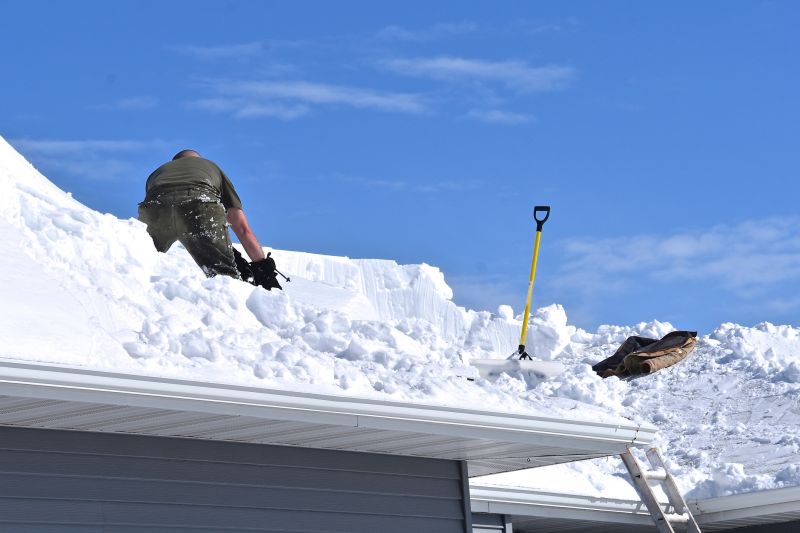
Spring weather supports effective roofing repairs and installations, reducing delays caused by rain or extreme heat.

Summer's longer days facilitate scheduling, but precautions against heat and storms are necessary.
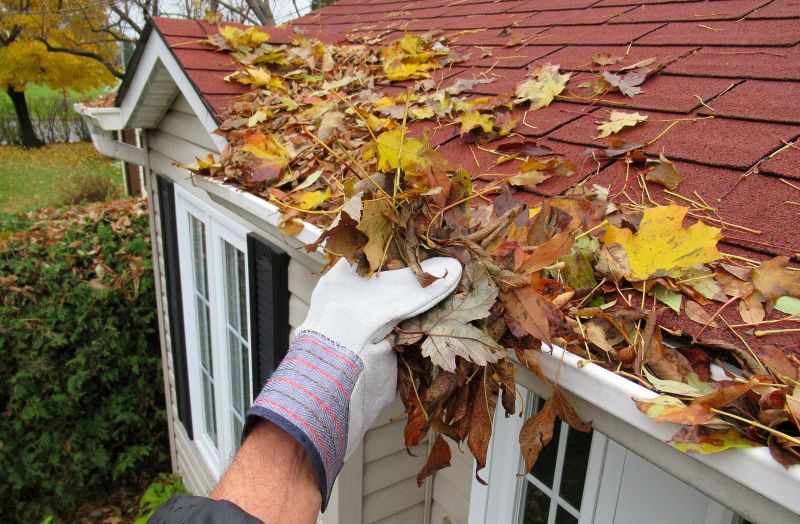
Fall provides optimal conditions for roofing, with cooler temperatures and less humidity.
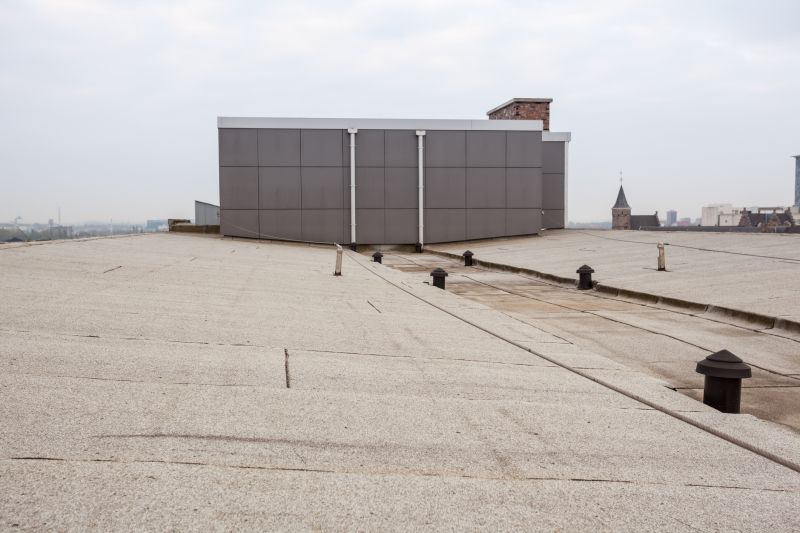
Ways to make Roofing Service work in tight or awkward layouts.

Popular materials for Roofing Service and why they hold up over time.
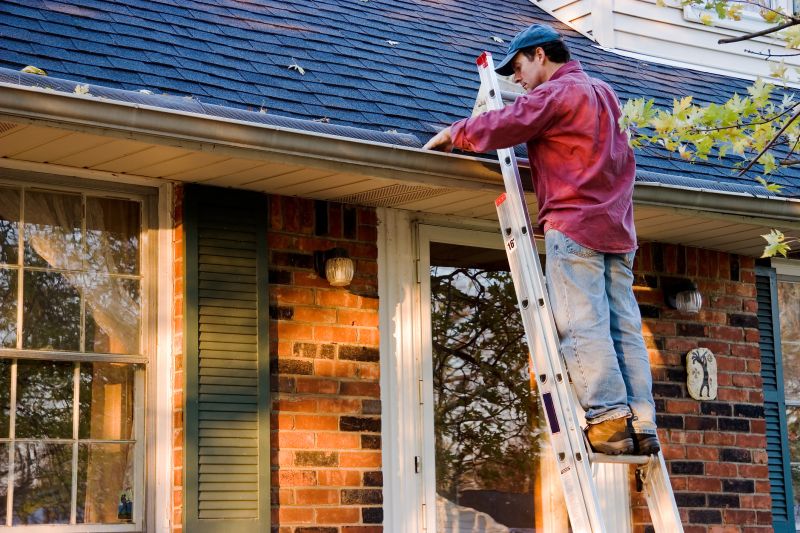
Simple add-ons that improve Roofing Service without blowing the budget.
| Season | Ideal Conditions |
|---|---|
| Spring | Moderate temperatures, less rain, good for inspections |
| Summer | Long daylight hours, but high temperatures and storms |
| Fall | Cool temperatures, dry weather, optimal for roofing |
| Winter | Cold temperatures, snow, and ice limit work |
Roofing services encompass a range of tasks including repairs, replacements, and inspections. Proper timing ensures that materials such as asphalt shingles, metal roofing, or tiles perform optimally. Weather conditions significantly impact the quality and durability of roofing work, making season-aware scheduling essential.

A roofing installation underway during favorable weather conditions.

Roof inspection performed in dry, moderate weather.

Springtime repairs to prepare for summer heat.
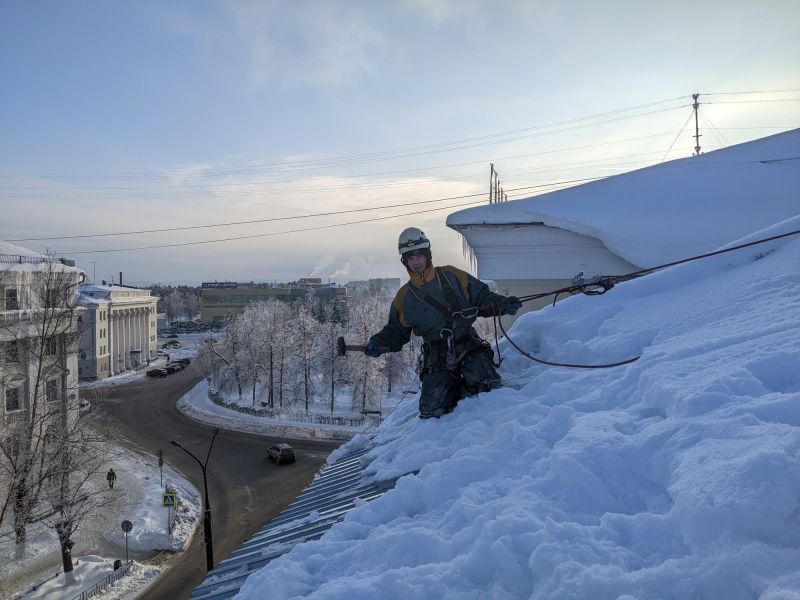
Limited roofing work during cold and snowy conditions.
Choosing the right time for roofing ensures the longevity of the installation and minimizes disruptions. Consulting with roofing professionals can help determine the best schedule based on local climate patterns and project scope.
Those interested in scheduling roofing services should consider seasonal weather conditions to achieve the best results. Proper timing can lead to cost savings, fewer repairs, and a longer lifespan for the roofing system.

